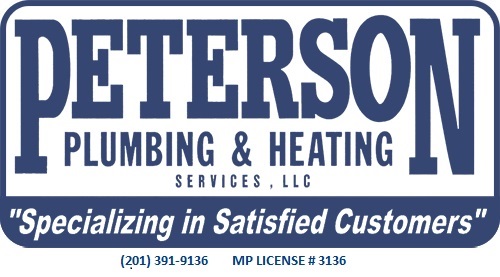FAQ
Frequently Asked Questions
Here is a list of common questions that our clients ask us. If you need more information don’t hesitate to get in touch with us.

The biggest thing you can do to prevent a clogged drain is to pay attention to what's going into it. Liquid fats like cooking grease may appear to be fine, but the truth is that they can solidify after cooling, thus causing a blockage. In addition, adding a strainer to prevent materials like food, hair, and soap from entering the drain will have a positive effect.
Chances are high that your heating element or thermostat has gone bad. If the water heater is a recent purchase, there could be an underlying problem causing the reset. The right solution is to call us - we'll investigate the problem and offer up a solution that will fix both the reset as well as the deeper issue.
At a minimum, you should be scheduling an inspection about once every 3 or 4 years. While a septic tank could work perfectly for a longer amount of time, the inspection allows you to catch a small problem before it becomes a major one and avoid a much more expensive repair.
In short, time. With years of use, even the best of faucets will develop an annoying leak. The best thing to do is go for quality when you replace the faucet. Choosing a cheaper option may work in the short term, but you'll end up replacing the faucet more often.
Sometimes, low water pressure is nothing more than a partially closed valve. In other cases, it may be rusted pipes. Because there are so many potential causes, your best bet is to call an experienced plumber (like us) that can identify what's going on and get the water pressure back to normal.
You can, but it will only be a temporary patch. Even though these kits use a strong epoxy to seal the crack, the changing temperature of the water will expand the crack. A better option is to just go ahead and replace the tank and avoid the headache of fixing it every month. Call us to find out how we can help with choosing the replacement and installation.

